Cardinal Raymond Burke: “If homosexual relations are intrinsically disordered, which indeed they are as reason teaches us and also our faith, then what would it mean to grandchildren to have present at a family gathering a family member who is living [in] a disordered relationship with another person?”
Cardinal Reinhard Marx: “The church says that a gay relationship is not on the same level as a relationship between a man and a woman. That is clear. But when they are faithful, when they are engaged for the poor, when they are working, it is not possible to say, ‘Everything you do, because you are a homosexual, is negative.’ That must be said, and I have heard no critic. It is not possible to see a person from only one point of view, without seeing the whole situation of a person. That is very important for sexual ethics.”
Bishop Johan Bonny: “There should be recognition of a diversity of forms. We have to look inside the church for a formal recognition of the kind of interpersonal relationship that is also present in many gay couples. Just as there are a variety of legal frameworks for partners in civil society, one must arrive at a diversity of forms in the church. … The intrinsic values are more important to me than the institutional question. The Christian ethic is based on lasting relationships where exclusivity, loyalty, and care are central to each other.”
Author’s note: All three of the above opinions on homosexuality and gay marriage were expressed by three different Catholic prelates – all in the same year (2015). And, frankly, they are all over the place; yet, the only one who strictly observes both the letter and the spirit of Catholic dogma is good Cardinal Burke; Bishop Bonny is heretical – plainly going against everything written down in “The Catechism,” several Papal Letters and Pronouncements: “There are absolutely no grounds for considering homosexual unions to be in any way similar or even remotely analogous to God’s plan for marriage and family. Marriage is holy, while homosexual acts go against the natural moral law. Homosexual acts ‘close the sexual act to the gift of life. They do not proceed from a genuine affective and sexual complementarity. Under no circumstances can they be approved.”* Only Cardinal Marx is the craftiest, publicly upholding the Church’s teachings while at the same time – subtly calling them into question, and, perhaps, proposing something even better. But, worse of all, he tries to negate or lessen the great harm that homosexuals reap upon their mind, body and soul – because, paraphrasing him: they are otherwise good people. Reminds me of when I volunteered on a rotating informal AIDS hospice network – taking food and cleaning up the homes of those dying of the disease during the early-1990s in San Francisco. Sometimes, the men who were bedridden would ask me to help them reach a climax – I thought I was being charitable. And, so it goes with all things in the gay world: even including so called monogamy, adoptions, and public service; for, it all emerges from a place of disorder; while, it may start from a good place – it quickly becomes lost and muddled; sullied by personal wounds and unresolved neurosis.
Now, the Church, especially to expatriates looking back in, appears weak and conflicted. Those, mostly men and women fully committed to the gay lifestyle, remain on the outside and wait for change or a complete collapse. Those who struggle with same-sex attraction, or are ex-gay, oftentimes feel betrayed: that perhaps our sacrifices have been for naught as almost every day another prelate or priest says that you were just fine being gay. As always – the teachings of the Church are sound and from God – those charged with upholding and passing on the Faith: they have often failed us.
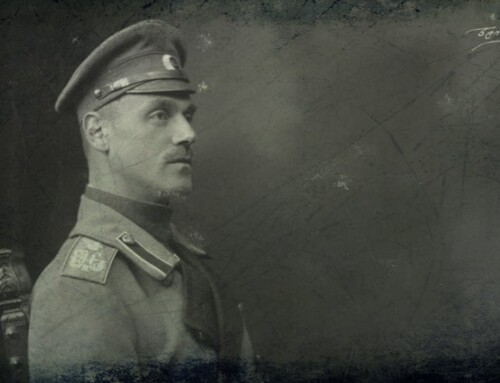
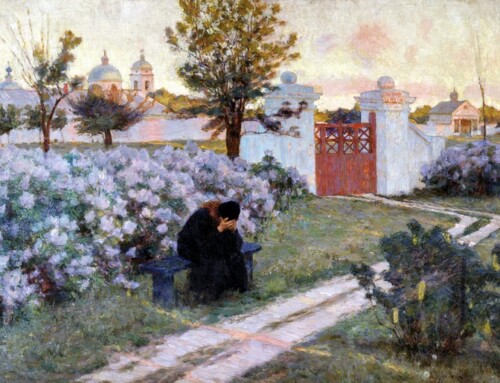
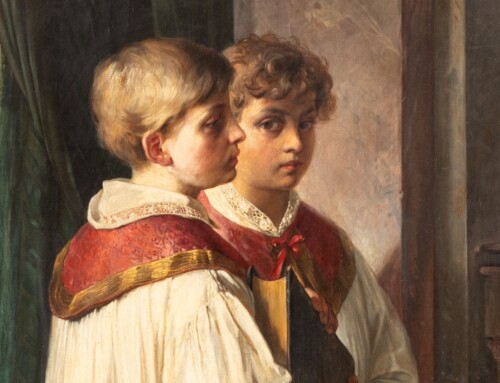
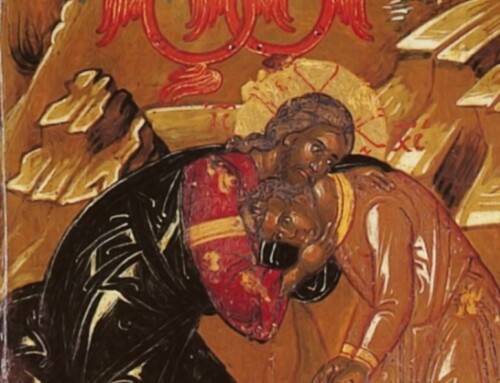
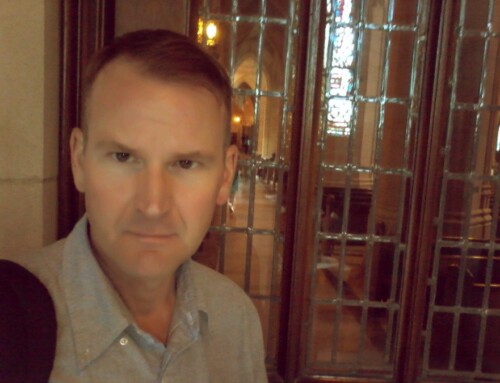
It almost appears to be a mere matter of time before much if not the majority of the leadership of the Roman Catholic Church will move towards legitimizing homosexuality. It certainly feels that way in light of current events. Certainly many if not most of the Protestant denominations will likely move in the same direction if they have not already done so. My feeling is that many of the Evangelical Protestant churches, especially amongst the younger generation will also feel likewise. Maybe one of the few denominations within Christianity who will not move in this direction are the Eastern Orthodox Churches. I also wonder if churches in Asia and other non-western countries will also take on a stand point that is more in line with traditional Christian teaching.
Joseph – excellent work here. A house divided is a house that cannot stand. Cardinal Marx and Bishop Bonny are both preaching heresy … yet it is Cardinal Burke that has been “cast aside” by His Holiness, Pope Francis. What a slap in the face for “truth.” We need mighty prayer that will call the Holy Spirit back upon Christ's Church to prevent where Cardinal Marx, Bishop Bonny, and ostensibly Papa Francesco, would take it!
And one again you've nailed it in a phrase:
“For, it all emerges from a place of disorder!”
(Order does not come from introducing disorder into the orderly, only more disorder is the result.)
Keep up the good work, keep fighting the good fight, and my God show you many blessings for you efforts.
Excellent insights about Churchmen, Joe. Thank you. And thank God for the Holy Spirit, the Church's foundation.